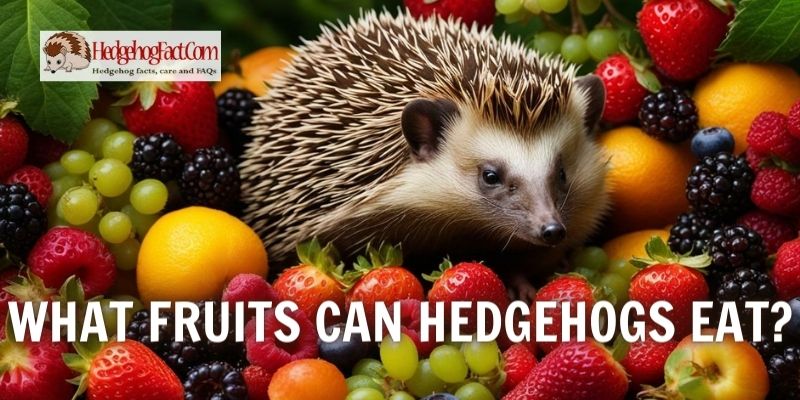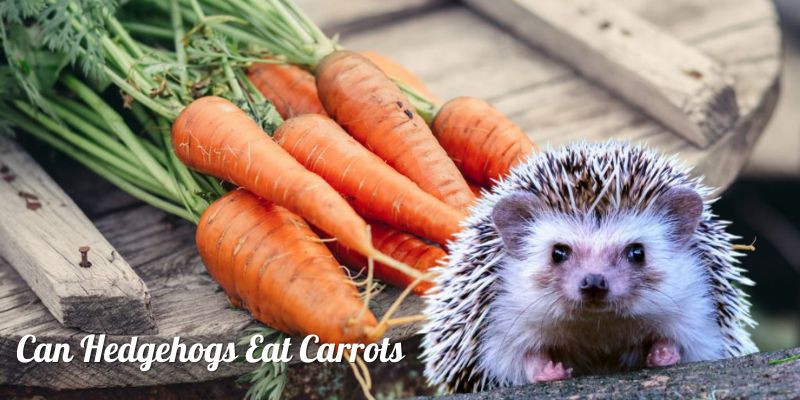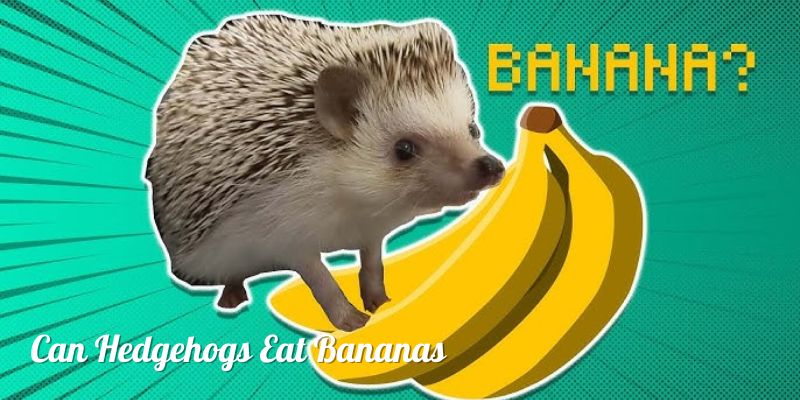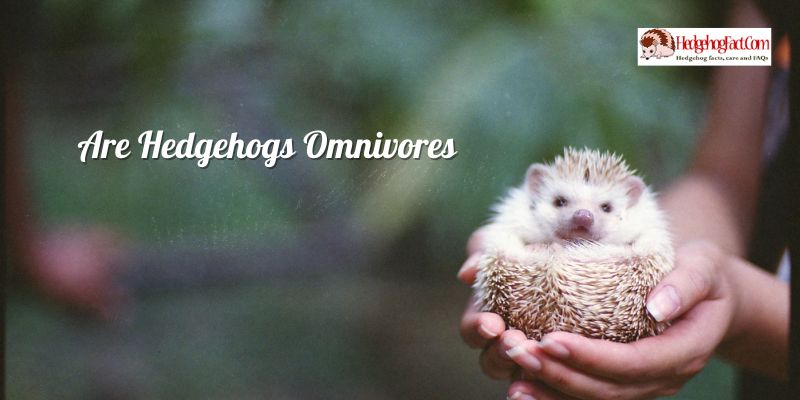Hedgehogs are charming and unique pets that require a well-balanced and nutritious diet to thrive. One common question that often arises is, “Can hedgehogs eat cat food?” In this comprehensive guide, Hedgehogfact will explore the nutritional needs of hedgehogs, the potential risks and benefits of feeding them cat food, and provide recommendations for a suitable diet.
Understanding Hedgehog Nutrition:
Hedgehogs are insectivores, meaning their natural diet consists mainly of insects and other small invertebrates. In the wild, hedgehogs forage for a variety of foods, including beetles, caterpillars, and earthworms. This diverse diet ensures they receive the essential nutrients necessary for their well-being.
In captivity, replicating a hedgehog’s natural diet can be challenging, but it’s crucial for their health. Commercially available hedgehog food is specially formulated to meet their nutritional requirements. These foods typically contain a mix of protein sources, vitamins, and minerals tailored to support the unique needs of hedgehogs.
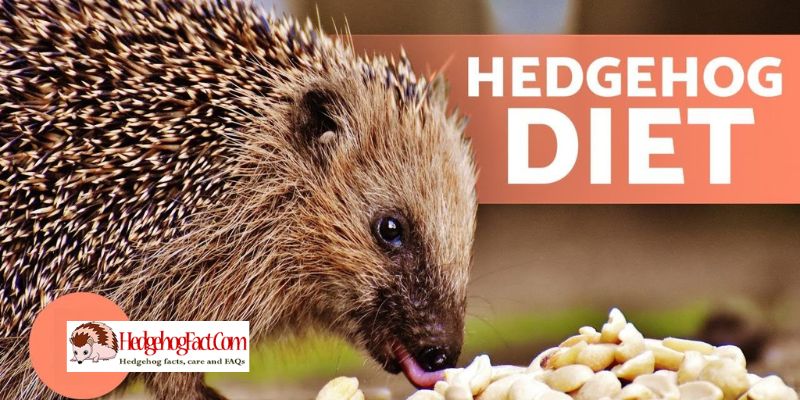
Can Hedgehogs Eat Cat Food?
Now, let’s address the question that may be on many hedgehog owners’ minds: Can hedgehogs eat cat food? While cat food is not inherently harmful to hedgehogs in small amounts, it should not serve as their primary source of nutrition. Cat food lacks some essential nutrients that hedgehogs need for optimal health.
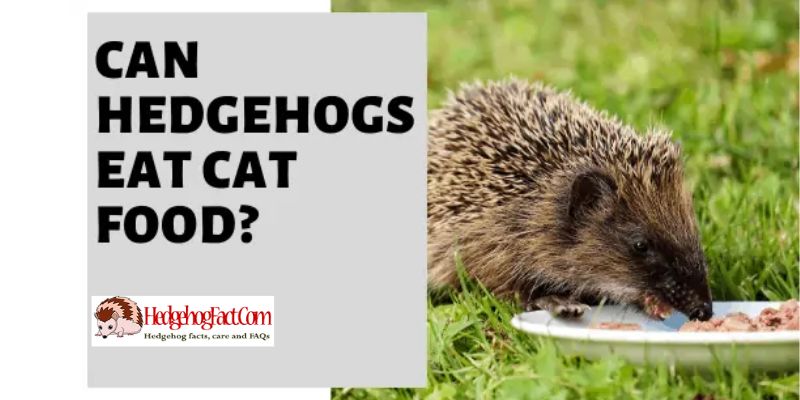
- Nutritional Considerations: Hedgehogs require a diet high in protein, low in fat, and rich in essential vitamins and minerals. Cat food, while designed for carnivores, may not provide the specific balance of nutrients that hedgehogs need. Feeding hedgehogs cat food exclusively can lead to nutritional deficiencies and health issues.
- Protein Content: Cat food is generally high in protein, which is an essential component of a hedgehog’s diet. However, hedgehogs also need a variety of protein sources to ensure they receive a well-rounded nutritional profile. Insects such as mealworms, crickets, and earthworms are crucial for providing the necessary diversity in their protein intake.
- Risk of Obesity: Cat food often contains higher fat content than is suitable for hedgehogs. Excessive fat intake can lead to obesity, a common health issue in captive hedgehogs. Obesity can contribute to various health problems, including joint issues and a decreased lifespan.
- Additives and Preservatives: Some cat foods may contain additives, preservatives, and other ingredients that are not ideal for hedgehogs. These additives could potentially harm their digestive system or lead to allergic reactions.
- Calcium and Phosphorus Balance: Hedgehogs require a balanced ratio of calcium to phosphorus in their diet. Cat food may not always provide this ideal balance, potentially leading to nutritional imbalances that affect bone health.
Feeding Cat Food in Moderation:
While cat food should not be the primary diet for hedgehogs, it can be given in moderation as an occasional treat. If you choose to offer cat food to your hedgehog, opt for a high-quality, grain-free option with minimal additives. Ensure that it complements their regular diet rather than replacing it entirely.
- Supplementing with Cat Food: If you’re using cat food as a supplement, mix it with other recommended hedgehog foods to provide a more diverse and balanced diet. This approach helps mitigate the risk of nutritional deficiencies associated with relying solely on cat food.
- Monitor Weight and Health: Regularly monitor your hedgehog’s weight and overall health when introducing cat food or any new food items. If you notice any signs of weight gain, lethargy, or digestive issues, consult with a veterinarian to adjust their diet accordingly.
- Consulting with a Veterinarian: Before making significant changes to your hedgehog’s diet, consult with a veterinarian who specializes in exotic pets. A professional can provide tailored advice based on your hedgehog’s individual needs, ensuring they receive the right balance of nutrients for optimal health.
Building a Balanced Hedgehog Diet:
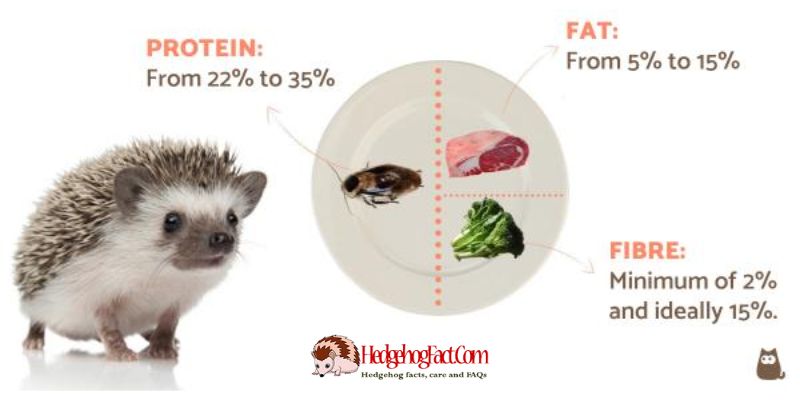
To ensure your hedgehog receives a well-rounded and nutritionally complete diet, consider the following dietary components:
- Commercial Hedgehog Food: Choose a high-quality commercial hedgehog food as the primary component of their diet. These foods are formulated to meet the specific nutritional requirements of hedgehogs.
- Insects and Live Prey: Incorporate a variety of live prey such as mealworms, crickets, and earthworms to provide essential protein and mimic their natural foraging behavior.
- Fruits and Vegetables: Offer small amounts of hedgehog-safe fruits and vegetables as occasional treats. Apples, carrots, and leafy greens can be suitable options.
- Fresh Water: Ensure your hedgehog has access to fresh, clean water at all times. Hydration is essential for overall health.
Conclusion:
In summary, while hedgehogs can eat cat food in moderation, it should not be the primary component of their diet. Providing a well-balanced mix of commercial hedgehog food, live prey, and occasional fruits and vegetables is essential for meeting their nutritional needs. Monitoring your hedgehog’s health and consulting with a veterinarian will help ensure they lead a happy and healthy life. Remember, a varied and balanced diet is the key to promoting the well-being of these fascinating and delightful pets.

